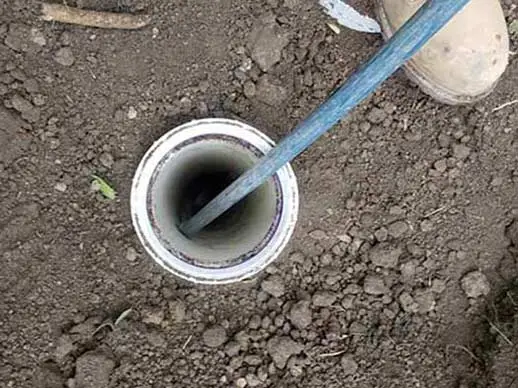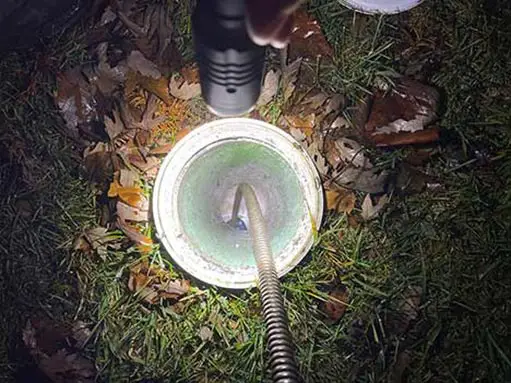
Sewer line cleaning is something every homeowner should do regularly to get rid of the debris that tends to build up inside sewer lines. The buildup will inevitably happen inside your sewer line. That is because wastewater always contains amounts of solid and semi-solid contents.
As wastewater flows through the sewer line, various factors will cause these solid and semi-solid materials to settle within the pipes. Over time, these minor deposits can build up to a point where they start to interfere with the function and overall efficiency of your drainage system, warns Clockwork Corona Management.
But this debris buildup is not the only way a sewer line can become clogged. Sewer lines can also clog as a result of the following:
Tree roots
If there are plants with invasive root systems in the area of the sewer line, their roots can exploit weaknesses in the pipes to penetrate the sewer line and block it.
Flushing the wrong items
If items other than human waste and toilet paper are allowed to enter the toilet, they predispose the home’s sewer line to clogs and blockages.
Soil shifts
Soil movement can change the slope of a sewer line. Debris is more likely to accumulate in a sewer line if there are low areas in the pipeline.

Signs of a clogged sewer line
If any of these issues are present in your sewer line, you will experience diverse problems with your home’s drains. These can range from minor inconveniences to life-threatening emergencies. Common problems you will face in the home if your sewer line is clogged include:
Bad odors from the drain
Bad odors from your drain come from decaying materials inside the pipes or sewer gases finding their way into the home due to a blockage in the sewer line.
Multiple slow drains
A clog inside your main sewer line could affect the function of your home’s drains since all the drains are connected to the main sewer line.
Frequent drain clogs
When wastewater is not being efficiently removed by the sewer system. The rate of buildup inside the home’s drains will become higher.
Overflowing toilet
Your toilet can overflow as a direct or indirect result of the issues inside your sewer line.
Sewage backup
When sewage backup happens in your home, you are no longer dealing with a plumbing issue. This problem poses a danger to your health and your building.
Pest infestation
A clogged sewer line can spill its content into the soil and attract dangerous insects along with the animals that want to feed on them.

Cleaning the sewer line to get rid of clogs
What can you do if you are seeing any of these problems in your home? The only way to deal with these plumbing issues is to clean your sewer line. Cleaning the sewer line will let you get rid of the underlying issues that are causing the other problems.
There are different ways to get rid of the buildup inside your sewer lines:
Chemical drain cleaners
Although easily accessible, this method is not recommended because the corrosives inside chemical drain cleaners will damage your sewer line.
Drain snaking
This method uses a drain auger to break up and dislodge clogs. It can remove tree roots and other clogs but is ineffective for dealing with sludge.
Hydro-jetting
This cleaning method is the only one that will break up the clogs inside your pipes and wash the pipes to get rid of any debris inside them.
How often should you clean your sewer line?
Except for chemical drain cleaners, a professional plumber can use these cleaning methods to restore the function of your sewer line and your drains. But how often should you clean your sewer line? Do you have to wait until you start seeing signs of clogging?
How often you clean a sewer line impacts its longevity directly. A sewer line that is infrequently cleaned is subject to more stress. That can impede its operation as well as shorten its lifespan. On the other hand, cleaning the sewer line yearly can help you save money.
As a rule, you want to have your entire sewer line camera inspected and cleaned yearly as a preventive maintenance. Do this whether the line is showing signs of blockage or not. This preemptive cleaning will help you avoid all the problems discussed above.
Yearly sewer line cleaning also helps to reduce the overall cost of maintaining your sewer line by reducing the rate of wear and tear on the sewer line. With this strategy, you not only cut your short-term and long-term sewer line costs but also optimize the sewer line’s performance.
Would you like to know the best time of the year to clean your sewer line and how to create an efficient sewer line maintenance program?


